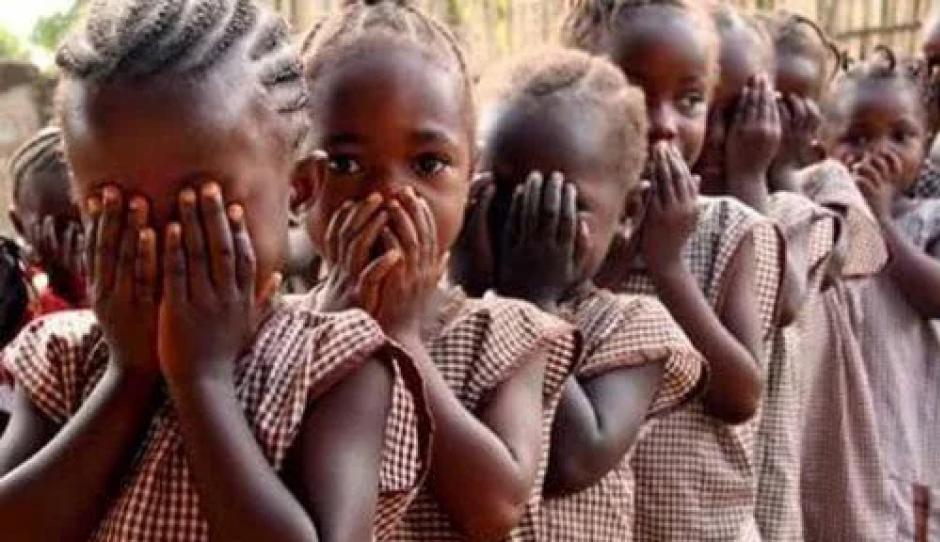
The harmfulness of patriarchies and gender oppression
February 6 marks the International Day of Zero Tolerance for Female Genital Mutilation, a practice that consists of procedures aimed at "altering or damaging the female genital organs for reasons that have nothing to do with medical decisions", which is performed on girls during their childhood and adolescence.
Although it is performed mainly in 29 countries in Africa and the Middle East, it is also carried out in some countries in Asia and Latin America, as well as on migrant populations in different parts of the world. FGM/C is considered a global problem, as it is internationally recognized as a serious violation of the human rights, health and integrity of women and girls.
Cutting not only does not provide any health benefits for women and girls, but also generates serious consequences in the physical, sexual and psychological health of those affected. This violent patriarchal and male chauvinist tradition seriously restricts and violates their integral development, making it clearly an anti-humanist practice, given the abusive, cruel, inhuman and degrading treatment.
As a consequence of this custom, at least 200 million girls and women between the ages of 15 and 49 have been subjected to female genital mutilation. "Today, 3 million girls have their genitals mutilated every year. As a result of the COVID-19 pandemic, during 2020, the programs to prevent female genital mutilation were interrupted, which could lead to the mutilation of the female genitalia of 2 million people during the next decade, which could have been avoided.
In spite of being a traditional practice that has been carried out for more than a thousand years, the United Nations Organization has determined that there are reasons to conclude that female genital mutilation can be ended in a single generation.
Humanists of the world, we are committed to eliminate all types of violence, therefore the International Humanist Party joins the fight for the eradication of Female Genital Mutilation, and to advance in its elimination is necessary to make coordinated and systematic efforts to raise awareness about human rights, equality, sex education and care for victims of cutting.
Humanists believe that under no circumstances should sexual difference imply hierarchy and control of men over women and subsidiarity and subjugation of women to men. Nothing above the human being and no human being above another.
History has shown us that patriarchy uses different tools to perpetuate itself over time, and the use of tradition is one of them, which has established gender violence in the structure of our society, making it part of our daily lives.
Gender violence continues to be the most widespread violation of human rights in the world and will continue to be so as long as violence against women is perceived as a tradition or custom that is normalized and naturalized.
To fight against cutting is to fight against the gender inequalities that feed back into it, such as women's sexual and reproductive rights, the existing gender gap or the limitations they encounter in access to health, property or education, the growing feminization of poverty or the diversification of the forms of exploitation or appropriation of women's bodies and lives.
To advance in the eradication of violence against women, it is necessary to challenge any tradition or custom harmful to women, whatever the culture in question. A critical-reflexive process that eliminates any justification for gender violence and all the marks, rites and myths that sustain it.
Feminism Secretariat
International Coordination Team
Federation of Humanist Parties
